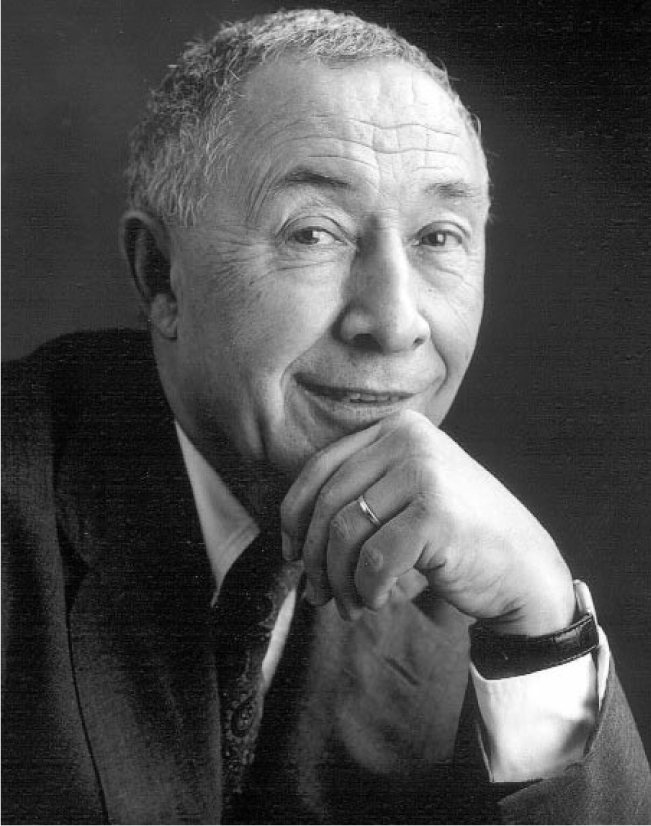René Pellat
DOI: 10.1063/1.1784316
René Pellat, a former president of CNES, France’s space agency, died on 4 August 2003 while swimming near Royan on the west coast of France.
Pellat was born in Hussein Dey, Algeria, on 24 February 1936. He started his scientific career in 1956 as a student of the prestigious École Polytechnique, now located in Palaiseau, France. He graduated in 1958. In 1962, he joined CEA, the Atomic Energy Commission in Fontenay-aux-Roses, France. There, working in the laboratory of ionized gases, he prepared a thesis on the instabilities of Lagrangian systems and earned his PhD in 1967.
In 1972, Pellat left CEA to work at the École Polytechnique, where, until his death, he pursued his research while simultaneously undertaking an impressive number of science policy and administrative duties. He made crucial contributions in the fields of plasma physics, cosmology, astronomy, geophysics, space science, and nuclear fusion. For example, Pellat was among the plasma physicists who successfully studied and understood the behavior of hot plasmas confined in magnetic traps. Their efforts have made it possible to obtain the impressive experimental results on large tokamaks and to take the next step to ITER, an international prototype fusion energy reactor. Pellat also was deeply involved in the development of laser fusion. In 1980, he founded the scientific group that would become the Laboratoire d’Utilisation des Lasers Intenses (LULI) at the École Polytechnique; this lab is the primary CNRS establishment in the field of high-energy laser science.
In 1973, Pellat joined J-C. Pecker (Collège de France) and J-C. Husson (Alcatel Space, Paris) in an effort, led by CNES, to enlist cooperation between French and Soviet scientists on several space projects in astronomy and the exploration of Venus. As a consultant to CNES, he worked on the Ariane launcher’s engines. At the same time, as chairman of a joint working group charged with coordinating the technology programs of the European Space Agency and of CNES, Pellat successfully managed to increase the overall efficiency of European technological developments. One area in which Pellat was keenly interested was the development of nuclear propulsion and energy for interplanetary travel.
In his capacity as chairman of the consultative committee for fusion for EURATOM (1999–2003), Pellat played a decisive role in resuscitating ITER. Originally, ITER was a joint project among Europe, the US, Russia, and Japan. In 1998, in view of escalating costs, the US withdrew from the project (see Physics Today, March 2000, page 65
In all his domains of research, Pellat was eager to train young scientists, many of whom are now leaders in their disciplines. He taught at the École Polytechnique, in several French universities, and at UCLA. He was an adviser to the government of France under several administrations and chaired scientific committees for numerous agencies. He was president of CNRS (1989–92); president of CNES (1992–95); and high commissioner of CEA from 1998 until his death. In 2000, he, Jean-Michel Charpin, and Benjamin Dessus, published an important report on the evolution of the electrical power supply system and on the role of nuclear power in France. Beginning in September 2001 until his death, Pellat was in charge of nuclear safety and radioprotection for all defense-related activities and facilities.
Pellat’s contributions to science garnered him the silver medal of CNRS in 1972. He was elected as a corresponding member in the physics section of the French Academy of Sciences in 1982 and was named Officer of the Légion d’Honneur in 2000.
Pellat was a generous, internationally oriented, and open-minded man without prejudices. He was unusually frank and did not hesitate to express dissenting opinions when called for. His unexpectedly shortened life shocked the scientific community worldwide.

René Pellat

More about the authors
Roger-Maurice Bonnet, International Space Science Institute, Bern, Switzerland.
Guy Laval, École Polytechnique, Palaiseau, France.
Jean-François Luciani, École Polytechnique, Palaiseau, France.




